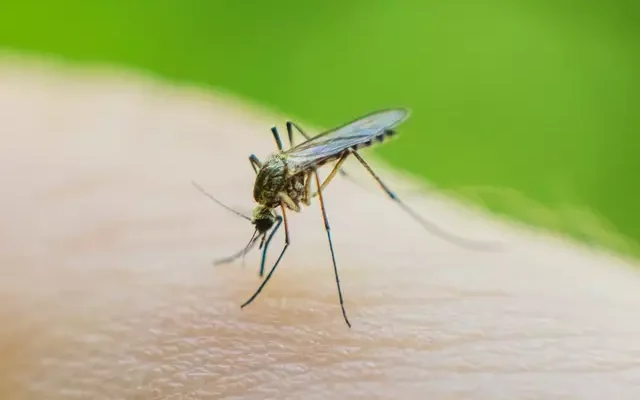China is battling a Chikungunya virus outbreak, with over 7,000 cases reported across 13 cities in the Guangdong region. This mosquito-borne virus is not spread from person to person, unlike COVID-19, but it still poses serious health risks.
According to the CDC, symptoms appear 3–7 days after a bite from an infected mosquito. Common signs include fever, joint pain, headache, muscle pain, swelling, and rash. Older adults, babies, and people with conditions like heart disease or diabetes face higher risks. “Joint pain can be severe and may last for months,” warns health experts.

To stop the spread, China has taken strong action. Officials are eliminating mosquito breeding grounds like flowerpots and bottles. Residents who fail to follow rules may face fines of up to $1,400. In addition, China has released mosquito-eating fish and genetically modified mosquitoes to reduce the virus-carrying population.
The World Health Organization supports these steps, reminding people: “Removing standing water is key to stopping the virus.”



